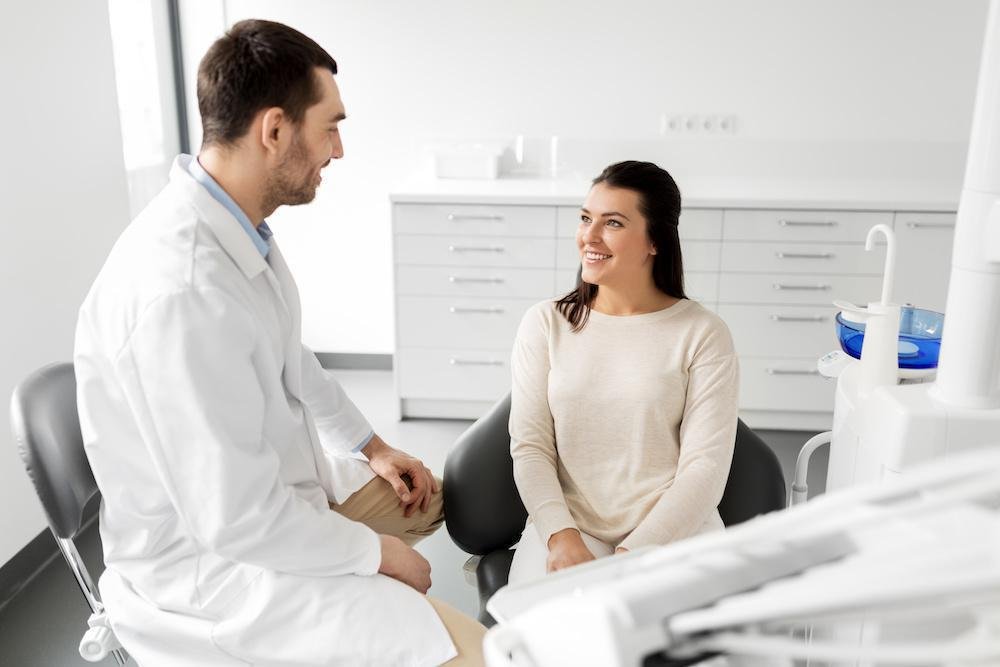Common STDs and How To Prevent Them
If you’re a sexually active woman, you need to understand sexually transmitted diseases (STDs), because any sexually active person can get an STD, regardless of your relationship status.
Board-certified OB/GYN Kelly Morales, MD, offers women in San Antonio, Texas, confidential STD testing and treatment to help you stay healthy and protect the health of your partner(s), too.
Different types of STDs
Over 1 million new STD cases are diagnosed every day, so it’s important to know what to look for and what to do about the most common infections. Keep reading to find out.
Human papillomavirus
The most common STD is the human papillomavirus (HPV). Almost every person who is sexually active gets HPV.
There are over 40 different types of HPV. Some types increase your risk of cervical cancer.
Testing is important because HPV rarely has symptoms until you have health complications. Dr. Morales tests you for HPV during your routine Pap smear.
Some vaccines offer protection against the cancers caused by HPV. Be sure to talk to Dr. Morales about getting vaccinated.
Chlamydia
Chlamydia is another common STD. This infection is caused by bacteria. You get chlamydia through vaginal, oral, or anal sex.
Without treatment, chlamydia can cause pelvic inflammatory disease, which can lead to infertility.
Only about 25% of women experience symptoms of chlamydia, such as:
Yellow-colored vaginal discharge
Pain or burning during urination
Pain or spotting during or after sex
Dr. Morales treats chlamydia with antibiotics. After treatment, you need to be retested for the infection in about three months.
Gonorrhea
Gonorrhea is another bacterial infection, but only about 20% experience symptoms, making STD testing essential.
This STD spreads through all forms of sexual contact. Like chlamydia, if left untreated, it can affect your fertility. Gonorrhea can also cause other damage to your reproductive health.
If you test positive for gonorrhea, we can treat it with an antibiotic. Dr. Morales lets you know how long you need to take the medicine.
Syphilis
Syphilis is a bacterial infection that has different symptoms in different in stages of the disease:
Stage one, a sore often misdiagnosed as a harmless bump or ingrown hair
Stage two, a body rash and more sores (usually in your mouth, vagina, or anus)
Stage three, no symptoms as the infection goes latent (can last a year or the rest of your life)
Stage four, nerve, organ, and brain damage
Only about 15% of Americans diagnosed with syphilis progress to stage four.
The good news is that Dr. Morales can treat syphilis with a simple antibiotic. Early treatment is key since it means fewer antibiotics and more effective results.
Preventing STDs
The only sure way to prevent STDs is to avoid sexual contact. Since that’s not practical for most people, here are some tips that can help:
Use condoms every time you have sex
Only use water-based lubricants with condoms so they don’t break
Don’t share underwear or towels
Wash your genitals before and after sex
You can also minimize your risk by getting vaccinated for hepatitis B and HPV.
How STD testing can help
Dr. Morales may recommend STD testing if you or your partner have symptoms of an STD or if your partner tests positive for an STD. We also follow the Centers for Disease Control and Prevention guidelines for women, which recommend:
Annual testing for gonorrhea and chlamydia for sexually active women under 25 or women over 25 with multiple partners, partners with a known STD, or a new partner
HIV screening at least once in your lifetime for all women ages 13-64
Early testing for syphilis, HIV, and hepatitis B for all pregnant women
Annual HIV testing for any woman who has unprotected sex or shares needles
If you test positive for an STD, Dr. Morales creates a treatment plan based on the STD(s) you have. The sooner you start treatment, the more effective it is.
To learn more about STDs or to get a confidential STD screening, schedule an appointment today with Dr. Morales in San Antonio, Texas.

